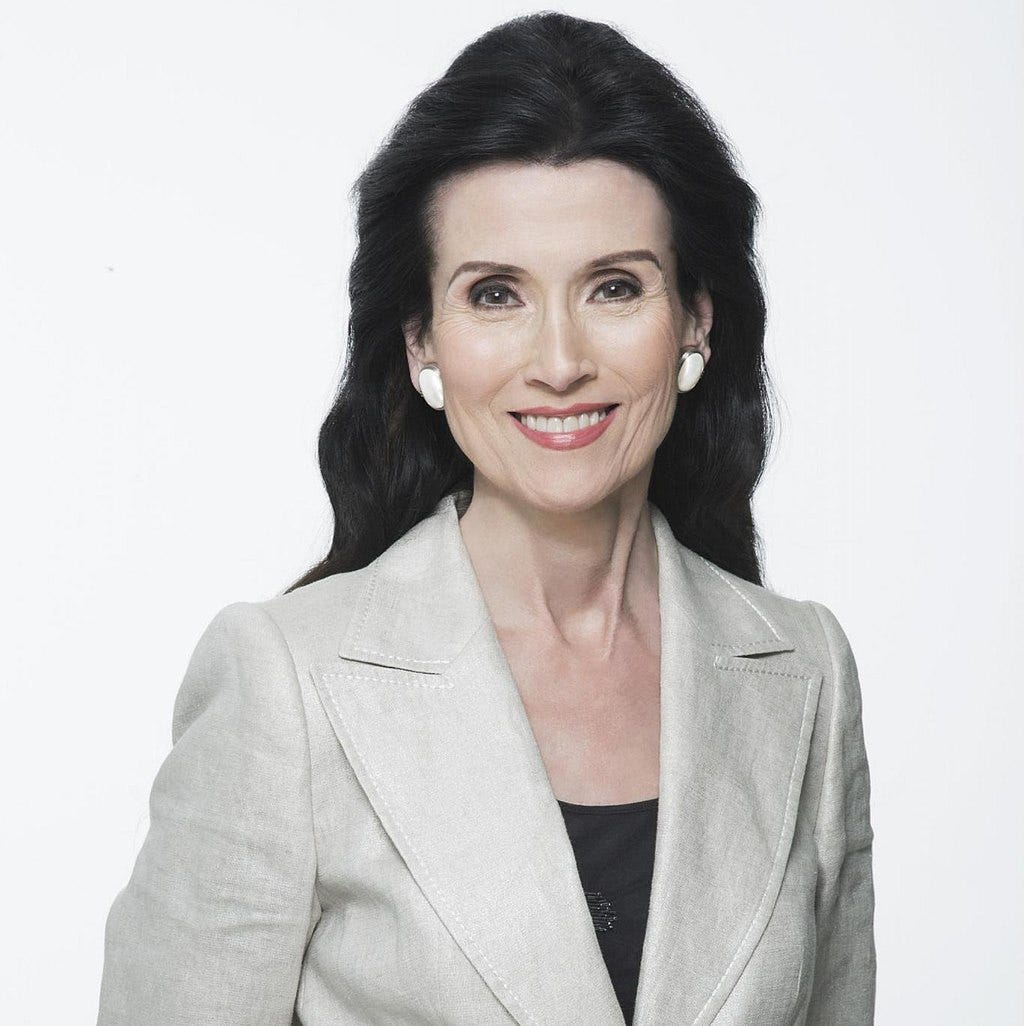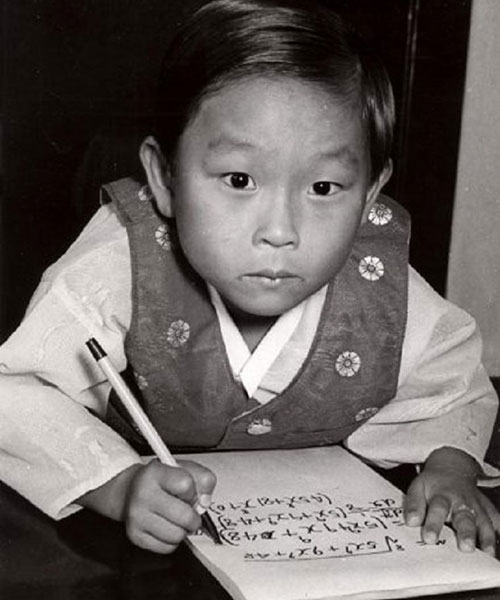Intelligence Quotient (IQ) has long been used as a measure to quantify human intellect. While IQ scores don’t capture the full complexity of intelligence, they provide a standardized method to assess problem-solving, logical reasoning, and other cognitive skills. Over the years, some individuals have achieved scores far beyond what is considered average, sparking interest in who holds the title of the “highest IQ ever recorded.”
What Is IQ and How Is It Measured?
IQ, or Intelligence Quotient, is derived from standardized tests designed to assess human intelligence. The average IQ score is set at 100, with most people scoring between 85 and 115. Those who score above 130 are considered highly intelligent, while a score over 160 is considered “genius level.”
Historical Figures with High IQs
While modern IQ tests were developed in the 20th century, many historical figures are believed to have possessed extraordinary intelligence. Although exact IQ scores were not available for these figures, scholars estimate that individuals such as Leonardo da Vinci, Isaac Newton, and Albert Einstein likely had IQs in the range of 160-200 based on their intellectual achievements.
People with the Highest IQ Ever Recorded
1. William James Sidis (Estimated IQ: 250-300)
William James Sidis is often regarded as having the highest IQ ever recorded. Born in 1898, Sidis was a child prodigy who could read at 18 months and spoke over 40 languages by adulthood. His estimated IQ ranges from 250 to 300, making him one of the brightest minds in history. Despite his immense intelligence, Sidis lived a private and reclusive life, choosing to avoid the public spotlight.
2. Marilyn vos Savant (IQ: 228)

Marilyn vos Savant is listed in the Guinness Book of World Records as having the highest IQ recorded through an official test. With a score of 228, she became a cultural icon in the 1980s. Vos Savant used her intelligence to become a columnist, where she answers complex logical and mathematical puzzles. Her achievements have made her a household name in discussions about high IQ.
3. Terence Tao (IQ: 225-230)

Terence Tao, an Australian-American mathematician, is known for his remarkable contributions to number theory, algebra, and harmonic analysis. With an IQ estimated between 225 and 230, Tao started solving complex arithmetic problems at a very young age. By the age of 24, he became a full professor at UCLA, where he continues to contribute to the field of mathematics.
4. Christopher Hirata (IQ: 225)
Christopher Hirata made headlines when, at just 13 years old, he won a gold medal at the International Physics Olympiad. His IQ of 225 places him among the smartest people alive today. Hirata went on to work with NASA on projects related to the colonization of Mars and earned a Ph.D. from Princeton University at the age of 22.
5. Kim Ung-Yong (IQ: 210)

Kim Ung-Yong, a South Korean former child prodigy, had an IQ of 210. By the time he was four years old, Kim was fluent in Korean, Japanese, German, and English. He was invited by NASA to work in the United States when he was just eight years old. Kim later chose to return to South Korea to live a more peaceful life.
Modern Geniuses and Their IQs
While the individuals mentioned above are some of the most well-known, many modern-day geniuses also have remarkable IQ scores. Notable figures include physicist Stephen Hawking (IQ: 160) and chess grandmaster Garry Kasparov (IQ: 190). Although their IQs may not be the highest, their contributions to their respective fields have cemented their places among the intellectual elite.
The Limitations of IQ Tests
While IQ tests provide a standardized way to assess intelligence, they are not without limitations. Intelligence is multi-faceted and includes emotional, creative, and practical aspects that may not be captured by traditional IQ tests. Additionally, factors such as upbringing, environment, and educational opportunities play a significant role in the development of a person’s intellectual abilities.
FAQs
1. What is considered a genius-level IQ?
A score of 160 or higher is generally considered to be at the genius level. Many people with such scores excel in fields like science, mathematics, and the arts.
2. Can IQ change over time?
IQ can vary slightly due to factors such as education, experience, and even nutrition. However, most people’s IQ remains relatively stable throughout their lives.
3. How accurate are IQ tests?
IQ tests are a good measure of certain cognitive abilities, but they do not encompass all forms of intelligence. Creativity, emotional intelligence, and problem-solving skills are also important aspects of intelligence that may not be fully captured by IQ scores.
4. Who has the highest IQ alive today?
As of today, Terence Tao and Christopher Hirata are among the people with the highest recorded IQs, both estimated to be above 220.
5. Are IQ scores the only measure of intelligence?
No, IQ scores are just one measure of intelligence. Other forms of intelligence, such as emotional intelligence, social intelligence, and practical intelligence, are equally important in determining a person’s overall abilities.
Conclusion
The individuals with the highest IQ ever recorded have made remarkable contributions to various fields, proving that intellectual ability can significantly impact human progress. However, it’s important to remember that intelligence is multi-dimensional and cannot be fully encapsulated by a single number. The highest IQs might be fascinating, but they are just one part of the broader spectrum of human intelligence.
By acknowledging these extraordinary minds and understanding the broader context of intelligence, we can appreciate the diversity of human capabilities.














